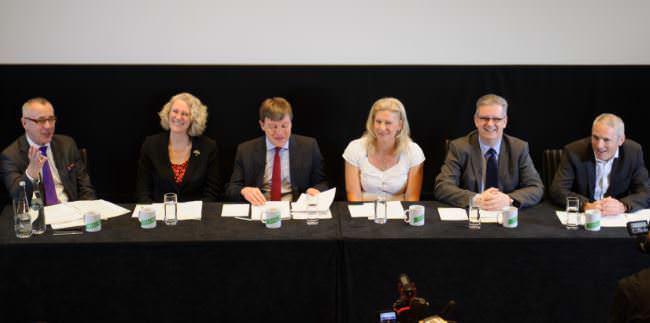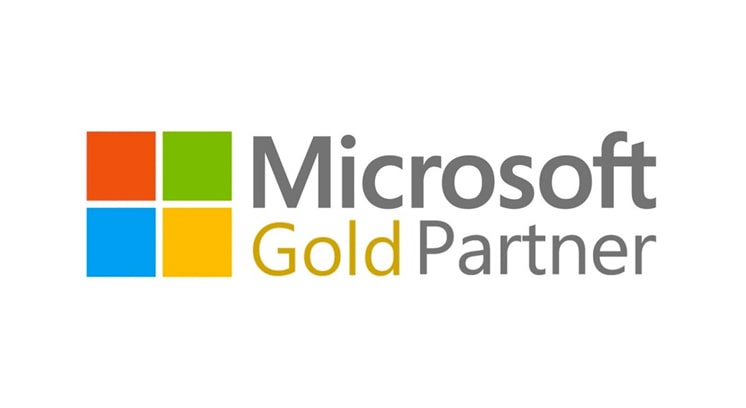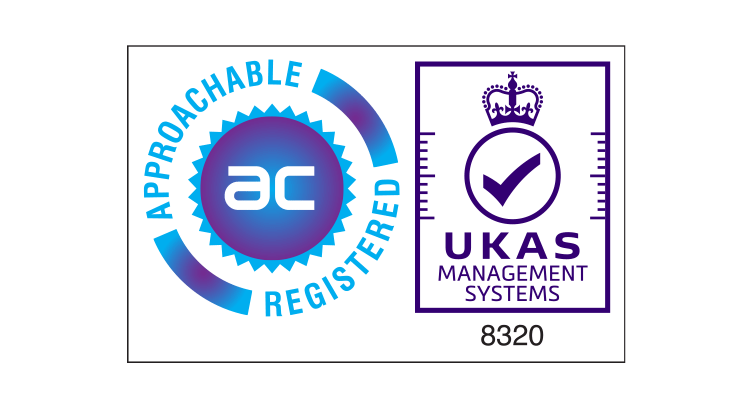A London Totalmobile-hosted discussion on the role of mobile working concludes that it’s time to shake off the legacy of past health IT mistakes – and get better solutions in the hands of front line team members
Pioneers of using mobile solutions designed to aid, not hinder, field workers in the health and social care sector are calling for more of the NHS and local government to start implementing mobile technology that can empower their staff. That’s the conclusion of a London event, held last week (April 22), hosted by mobile tech leader Totalmobile which gathered health informatics experts, care professionals, local government and NHS IT practitioners, who met to discuss mobile working, and its contribution in improving care delivery and getting the long-awaited integration of health and social care finally off the ground.
Independent commentator and health policy analyst Roy Lilley chaired the discussion between Julia Clarke (Chief Executive of Community Health service provider Bristol Community Health CIC), Dr Simon Wallace (an independent healthcare IT technology consultant and former GP), Graham Softley (Associate Director of IT Strategy and Delivery for Buckinghamshire Healthcare NHS Trust), and Sarah Royles (Service Development Manager, Nottinghamshire County Council), with an industry perspective being offered by the Chief Technology Officer at Totalmobile, Gareth Tolerton.
Can mobile help?
The powerful impact of well-designed mobile working on health and social care delivery was one of the round table’s biggest areas of agreement.
“Mobile is a revolution I think people have been happy to join in with – and it’s certainly improved the way we work internally,” pointed out Clarke.
“There has been major changes for both the staff but also in the way we can provide care, which we see as delivering quality, productivity, staff welfare and patient well-being benefits. Big change – in a very positive way,” she declared.
Offering the local government perspective, for Royles, “Mobile working is about helping care professionals make the right decisions with the latest evidence and the most up-to-date knowledge.”
“The revolution is bigger than mobile working per se and much more about greater integration and interoperability between various areas of care,” pointed out Softley.
IT failure and success: the factors at play
IT legacy issues seem to be a key inhibitor, slowing the acceptance of mobile in the NHS, according to the panel. “I think the problem with the systems we inherited, conceived a number of years before, is that they weren’t designed around the clinician,” said Clarke.
“Instead, they were designed for reporting purposes for a wide range of different sorts of organisations, mental health, community and so on – which might be fine for a back office system, but no good for a district nurse out with patients.”
According to Royles, “Too many projects in the past have been driven by IT almost looking for a solution: ‘We’ve got this fantastic system… what are we going to do with it?’ kind of idea.
“Now, our version of mobile working is much more looking at what do our workers need to do their job better, more efficiently – with mobile only there for that specific purpose.”
“The complete lack of engagement of the end users, and particularly clinical staff, was a major factor in all the poor results of the big NHS National Programme for IT,” added Wallace.
“One of the key things we all need to take from that experience is that having the doctors, the nurses, the OTs, the physios, the social workers, all involved with IT is absolutely critical.”
Integrating health and social care
Integration remains unquestionably the next big challenge for these mobile pioneers, a mood summed up by Royles: “Integration across social care and health is the next thing we have all got to get to grips with.”
The best way to do that, as expressed by Totalmobile’s Tolerton, is, “A need for more openness in terms of exposing APIs, exposing important patient data – requirements that need to be built into contracts plus defined at the policy level so as to make UK health and social care an open level playing field so our systems can interoperate with each other.”
Return on Investment
How did the panellists see the bottom line impact? The response was that real cash savings have accrued from their use of mobile while for Clarke increased productivity was highly noticeable in her organisation.
Benefits for service users
In conclusion, for these public sector mobile practitioners and stakeholders, benefits of mobile, are definitely coming through.
For Royles, “Absolutely, there are definitely benefits for our patients – and when asked they say its use makes them feel more involved in their care,” while according to Softley, “The ability to have a nurse with the information to hand being able to avoid admissions into the acute sector is great for any and all patients being treated at home – as well as for the taxpayer.”
Commenting on the results of the debate, Totalmobile’s Chief Executive Colin Reid noted that, “Today’s discussion demonstrated the importance and power of mobile working in the NHS and local government. It has been made clear that this is something that all health and social care providers should be looking at now… It really does have the power to transform how care services are delivered, and creates significant extra workforce capacity by saving each user 1 to 2 hours per day.”
Editors and journalists interested in a full transcript of the roundtable, which covers a wide range of HIT (health IT) issues only briefly summarised here, or for a high-quality MP3 audio of the discussion, are invited to contact Sarum PR direct (jan@sarumpr.com or 01722 322916).
About Totalmobile
Totalmobile is a Northern Irish-headquartered software provider with a deep focus on providing innovative mobile solutions for public and private sector field workers, notably in health, social care and local government. Solutions are designed for frontline workers needing to spend the bulk of their time helping service users in the field. The fast-growing company has over 25,000 users around the world, with customers spanning the UK, Ireland, Europe and North America.
Totalmobile mobile working solutions are always designed from the user perspective, which helps encourage much greater acceptance by staff than in other approaches. It deploys these solutions off the back of its core proprietary technology which runs on all major mobile OS, including iOS, Android and Windows, but which also works offline, ensuring team members always remain productive even without a connection.
The company has built up a strong network of partners including BT, Vodafone, Fujitsu, Civica, Capita and Serco as part of its commitment to give clients reliable access to a complete, end-to-end enterprise-class mobile-working solution. More at www.totalmobile.co.uk
PR Contact: Sarum PR Jan Howells +44 1722 322 916, Jan@sarumpr.com







